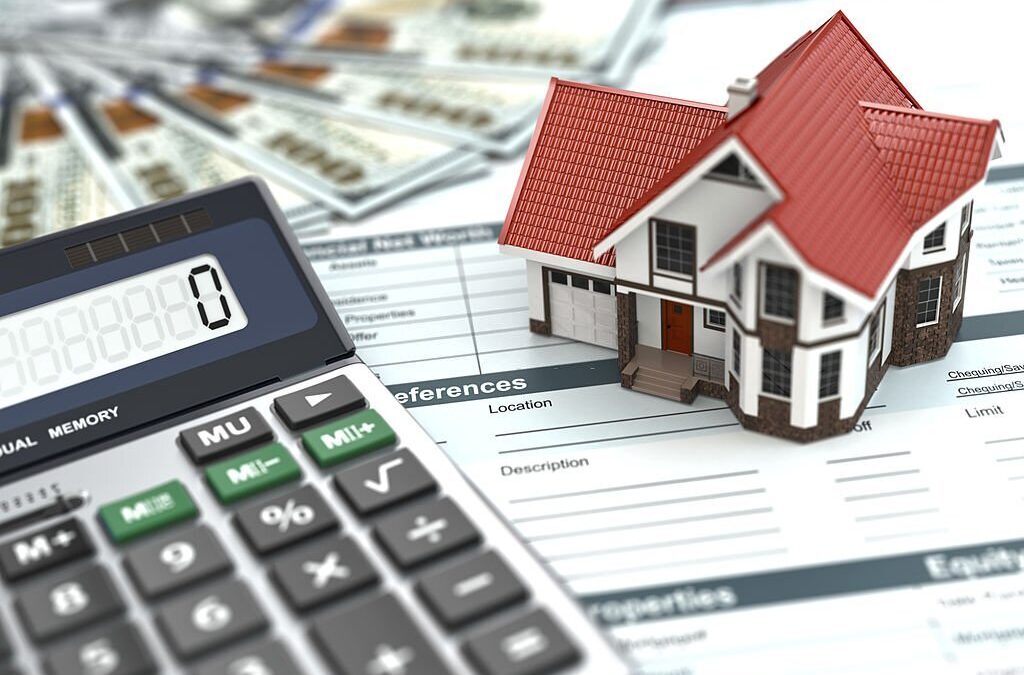Property Tax in India and Its Calculation

Introduction
The collection of taxes and levies is a fundamental way for governments to generate public money that enables them to support investments in human capital, infrastructure, and the provision of services for citizens and businesses.
In India, the taxation of property is governed by the Income Tax Act, 1961 (as amended by the recurring Finance Acts) and indirect taxes like GST, stamp duty, and property tax. The life cycle of a property, including its construction, ownership, rental, and usage, as well as its depreciation, repairs and renovations, sale, and use of the proceeds, are all impacted by the law. Read the blog to know more about what Property Tax is.
What is Property Tax?
Property Tax, also known as House Tax, is levied against property owners by local government entities like panchayats, municipalities, or municipal corporations. It is used to maintain and care for the neighbourhood’s public facilities, including the roads, sewage system, lighting, parks, and other infrastructure elements. It is often assessed on all real estate, including residential and commercial structures, attached land, and land improvements, but not on empty lots of ground without an adjacent structure.
How To Calculate Property Tax?
The municipal authorities determine property tax based on the assessed value of the property. They are often calculated in one of three ways:
- Capital Value System (CVS): The tax is assessed as a percentage of the property’s market value. The government establishes this market value, which is based on the property’s location. Every year, it is updated and publicized.
- Annual Rental Value System or Rateable Value System (RVS): Under this system, the annual rental value of the property is used to determine the tax. This isn’t always the real rent that’s being paid; rather, it’s the rental value that the municipal authority determined based on the property’s size, location, condition, and accessibility to landmarks and facilities, among other factors.
- Unit Area Value System (UAS): In this system, the tax is assessed based on the built-up area of the property’s per-unit price. Based on the expected returns of the property given its location, land value, and intended use, this price is fixed (per square foot each month) and then multiplied by the built-up area.
How To Pay Property Tax?
You can pay your Property Taxes at the office of your local municipal corporation or occasionally at one of the recognizable banks connected to the municipal corporation. You may need to provide the property tax number to identify your property.
It is now considerably more convenient for property owners to pay most municipal taxes in India online through the websites of the relevant municipal authorities. Some local authorities may give exemptions from paying property taxes depending on factors including location, age, the owner’s net income, kind of property, etc. You should carefully review your tax liability and verify any such information with the local authorities.
Conclusion
It is necessary to pay Property Taxes annually, and failing to do so could result in a fine that takes the form of interest on the unpaid sum. Also, it is important to note that the owner of the property, and not the occupant, is obligated to pay the Property Tax.
About Us
Since 2007, Subham Group has been a renowned real estate company in Guwahati offering a wide selection of premium homes. We are wholeheartedly committed to developing premium homes of different sizes, allowing people to invest in their dream abode. We ensure the use of high-quality materials for the development so that the residents do not fall into any inconvenience or quick damage during their stay.
To learn more and find your ideal home, contact us.


